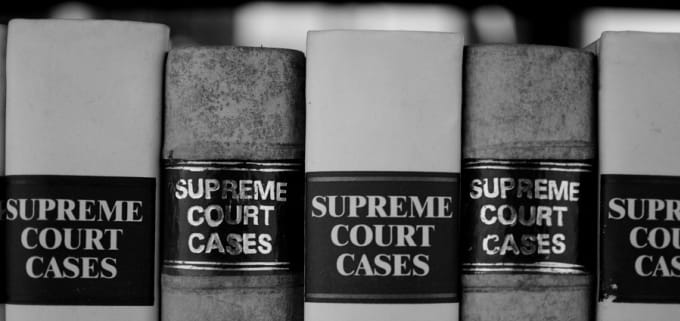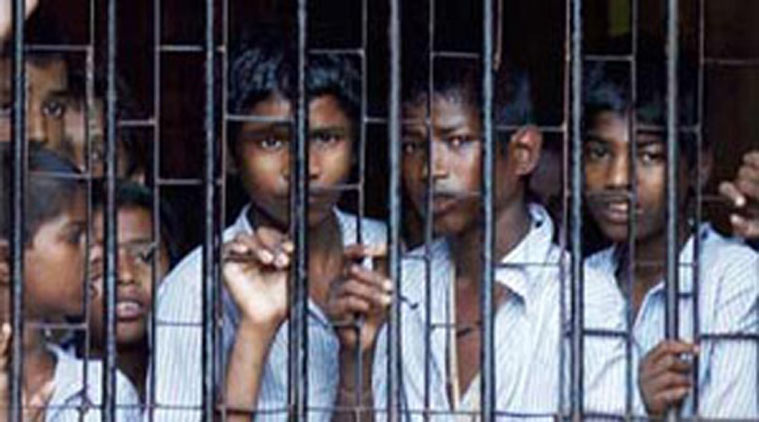[Cr. Rev.No. 1081 of 2013]
Recently the High Court of Jharkhand in the present case held that the 2018 Judgment of SCon quashing of adultery which was punishable under IPC to have a retrospective application.
The Court in the present petition set aside the order of the conviction. The court making such an order laid an emphasis on the Judgment passed in the case of Major General AS Gauraya and ANs v. SN Thakur, in which the court held that the SC’s judgment in 2018 will apply to pending proceedings for an offence committed before such an order.
Facts of the Case:
In the present case, the petitioner was convicted under section 497 for an offence of adultery and was sentenced by the Trial Court in 2008 with the rigorous imprisonment for two years. Later on, the session court confirmed the sentence passed by the trial court in October 2013. Against the order of the sessions court, the petitioner has filed the petition before the High Court of Jharkhand.
Stance of the Petitioner:
The Petitioner through its counsel submitted that the Hon’ble Supreme Court in the case of Joseph Shine v. Union of India, held that section 497 of IPC, 1860 to beunconstitutional, therefore the judgment of the Session Court for the conviction of the petitioner is not maintainable under the present law. The petitioners also referred to the case of Rupesh v.Shri Charandas, in which Bombay High Court Judgment observed the case of Joseph Shine and the conviction of the accused was set aside.
Stance of the State:
The counsel on behalf of the State, opposed the prayer of setting aside the conviction order, submitted that there is no denial that current position about the section 497 ofIPC, however, the judgments passed by the Hon’ble Courts were recorded on concurrent finding of the facts, therefore no interference should be called in the present case.
Finding of the Court:
The Jharkhand High Court, referring to the Supreme Court Judgment of quashing adultery as under section 497 of the Indian Penal Code, held that such an order will also be applied to the pending proceedings before the courts even if an act of adultery was committed prior to 2018 judgment to stuck downthe section. Therefore, the verdict of the SC will haveretrospectiveapplication. The HC also emphasized that neither SC had givenany indication in the verdict for it to be applied prospectively and nor any prospective operation of law was laid down.While passing such an order, Justice Anubha Rawat Choudhary, observed that according to the Article 14 of the Constitution of India, any law which is formed or declared by the Hon’bleSupreme Court has a binding nature on all the lower courts andtherefore, it needs to be applied to all the pending proceedings before the courtS









